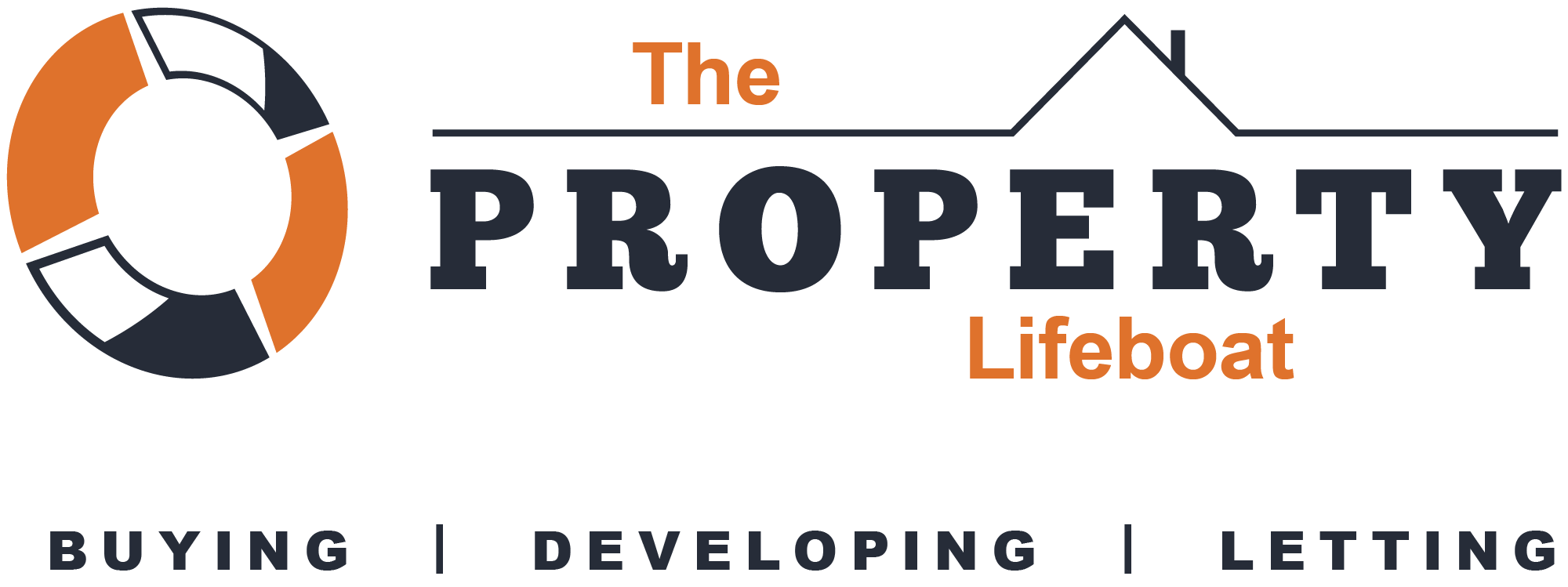Demand for HMO rooms is increasing – particularly for ‘high end’ rooms – driven partly by the increases in utilities bills and tenants looking for ‘all inclusive’ living options. However, licensing of HMOs is a complicated area, and it is apparent that not all landlords are aware of their obligations in this respect. Fines for non-compliance can be large – typically anywhere from £12,000 to several tens of thousands for more serious breaches. This demonstrates how important it is for letting agents and their landlords to understand their HMO licensing obligations. We will try to shed light on this in this article.
What is a house in multiple occupation (HMO)?
A house in multiple occupation (HMO) is a property let to at least three separate people who are not from one household but share facilities in the property, like the bathroom and kitchen. So, a family or couple would be considered a household, while friends in a house share (such as students) would not.
A property is defined as a large HMO if all of the following apply:
- It is rented to five or more people who form more than one household
- Some or all tenants share toilet, bathroom or kitchen facilities
- At least one tenant pays rent (or their employer pays it for them)
Such a property will fall under mandatory licensing legislation.
Do all HMOs require a licence?
Smaller HMOs that do not meet all of the ‘large HMO’ criteria for mandatory licensing, may still need a licence, depending on the area the property is in. You will need to check the rules with the local authority where the HMO is situated. Where licences are required, this is often referred to as ‘selective licensing’.
Does the landlord or agent need to meet specific criteria to qualify for a licence?
Aside from the physical make-up of the property itself – such as number of rooms, facilities etc. – the manager of the property – either the landlord or the agent – also need to meet certain criteria to be eligible for a licence. Most importantly, they must be considered to be a “fit and proper person”. Essentially, this means that they shouldn’t have a criminal record or previous breach of landlord laws or code of practice, for example.

What are the licence holder’s obligations?
The landlord or letting agent managing an HMO is also required to:
- Send the council an updated gas safety certificate every year,
- Install and maintain a suitable fire alarm system
- Provide safety certificates for all electrical appliances when requested.
The council could also add other conditions to the HMO licence, such as improving the standard of the property’s facilities.
What are the penalties for not having an appropriate licence?
Letting agents must ensure their landlords’ properties are properly licensed or they could risk prosecution and an unlimited fine or a civil penalty of up to £30,000, while their landlords could be ordered to repay tenants up to 12 months’ rent.
Have you purchased a property in the view to convert to an HMO but, you would like an expert advice before potentially making costly mistakes?
——————– YOU NEED AN HMO VIABILITY REPORT ——————–
You will have a one-to-one preliminary phone call to discuss the details of what you need. We would then have a site viewing which will be followed by a full written report highlighting everything you need to know about making your property viable as an HMO.
This could save you incredible amount of time, frustration, and money for just £249 inc VAT.
For more information or to book your phone call,
please email admin@thepropertylifeboat.co.uk

